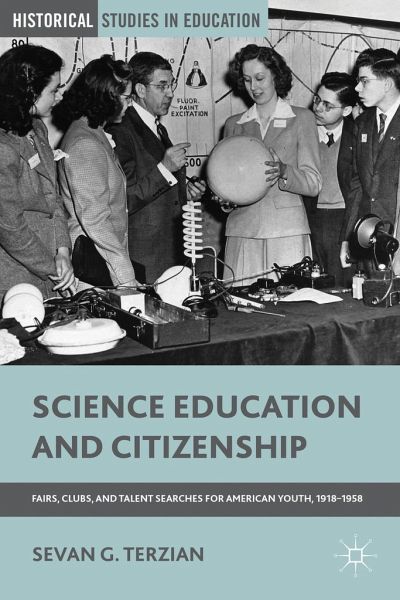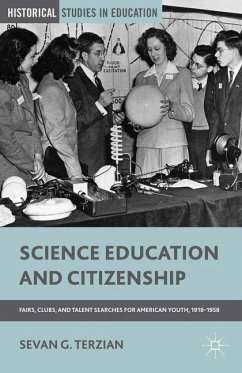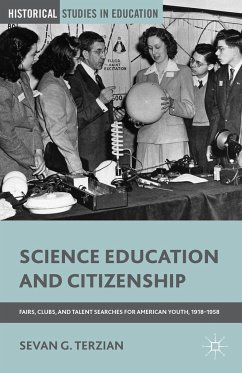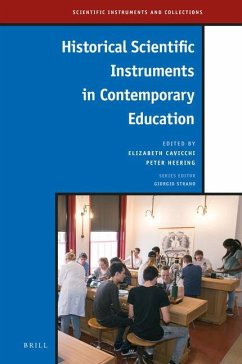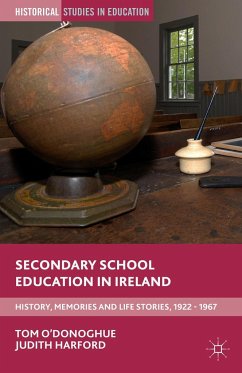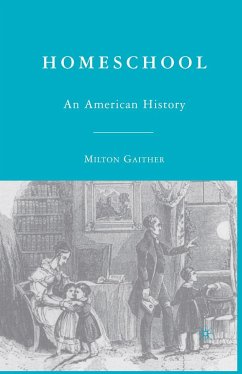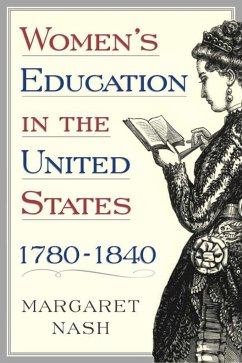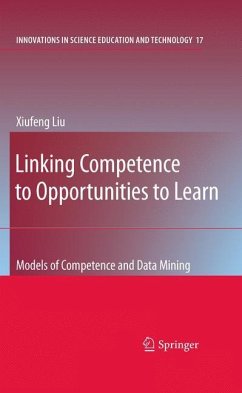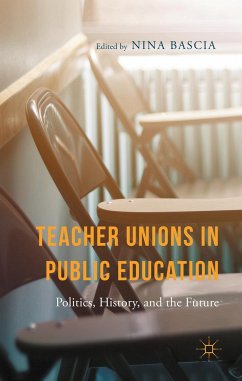"Sevan Terzian ... remedies this gap by providing insight into the roots of one of the most common extracurricular activities in science education today. ... The book is generally an easy read ... . Terzian's insightful examination of the past is warranted among those involved and interested in science education. Examining such questions about such historical development could perhaps help many educators and professionals reflect on and reassess their own perspectives and involvement in these popular institutions." (Don Metz, Science & Education, Vol. 25, 2016)
"Why teach science? As Sevan G. Terzian demonstrates in this smart little book, America's answers changed dramatically during the first half of the twentieth century. In
their earliest incarnations, science fairs had a clear civic rationale: by promoting scientific ways of thinking and knowing, the fairs would also produce a more informed and critical democracy. But their purpose shifted during World War II and the Cold War, when science was enlisted to protect America's economic and military strength on the international stage. Into the present, our leaders have continued to tout science education as a key to national prosperity and global competitiveness. But science could also help revive our moribund civic life, Terzian reminds us, if we paused to reflect on its rich past - and, most of all, on its radical possibilities."
- Jonathan Zimmerman, Professor of Education and History, New York University
"Science Education and Citizenship offers a richly detailed account of the origins of the science clubs, fairs, and talent searches that blossomed in America during the middle decades of the twentieth century. Terzian taps little-known archives to chronicle these endeavors during a period of fundamental change in the civic outlook of industrialists, educators,and policymakers highlighting the tensions between the democratic and meritocratic goals of these programs. Terzian's work grapples, in the end, with enduring questions over the purposes of science education in modern society, adding a crucial piece to the history of science education in the United States."
- John L. Rudolph, Professor, Departments of Curriculum and Instruction, History of Science, and Educational Policy Studies, University of Wisconsin-Madison
"This significant study of the enduring tension in American history between education for democracy and education for meritocracy delivers a fresh analysis of a critical period of twentieth-century schooling. Tracing the trajectory of science education beyond the curriculum, this work examines contrasting civic dimensions of learning with an eye toward patterns of gender, race, and regional inequalities. The author's command of the historical context and keen insight contribute to this engaging narrative on the history of science education in the United States."
- Karen Graves, Professor of Education, Denison University and author of Girls' Schooling during the Progressive Era: From Female Scholar to Domesticated Citizen
